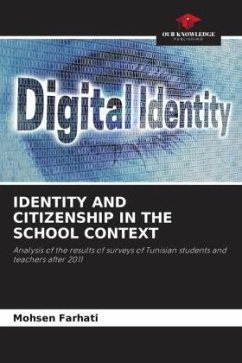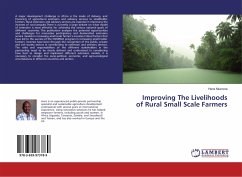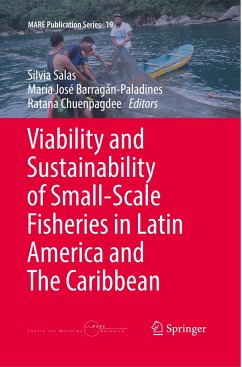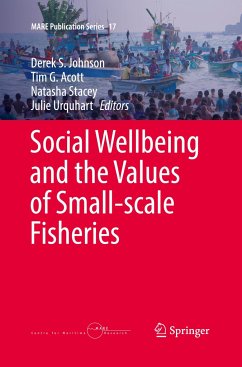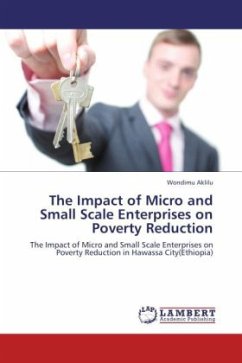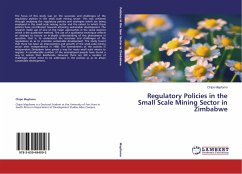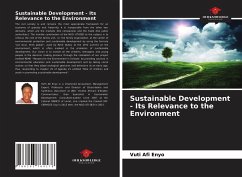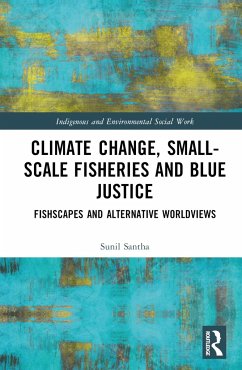
Environmental education in the legal and moral context of small-scale fishing
Brazilian socio-environmental realities
Versandkostenfrei!
Versandfertig in 6-10 Tagen
51,99 €
inkl. MwSt.

PAYBACK Punkte
26 °P sammeln!
This work is the result of a research that analyzed the understanding of traditional communities of artisanal fishermen in southern Rio Grande do Sul - Brazil about aspects of the mismatch between the legal fishing rules and moral norms of those social actors, and the reflections on environmental conservation and the exercise of environmental citizenship. The study involved the analysis of the importance of Environmental Education in the empowerment of fishermen to reverse the current socio-environmental crisis experienced in artisanal fishing in the region, as well as to reflect on the ineffi...
This work is the result of a research that analyzed the understanding of traditional communities of artisanal fishermen in southern Rio Grande do Sul - Brazil about aspects of the mismatch between the legal fishing rules and moral norms of those social actors, and the reflections on environmental conservation and the exercise of environmental citizenship. The study involved the analysis of the importance of Environmental Education in the empowerment of fishermen to reverse the current socio-environmental crisis experienced in artisanal fishing in the region, as well as to reflect on the inefficiency of the legal rules applicable in the Patos Lagoon estuary. The work involved the focal groups methodology, based on the fishermen's collective representations, in a perspective of Émile Durkheim. The work presents, finally, the relevant role of Environmental Education as political education for the empowerment of artisanal fishermen in the search for their active participation in the processes of management of fisheries resources, true participatory governance aimed at environmental conservation and building the collective good.



